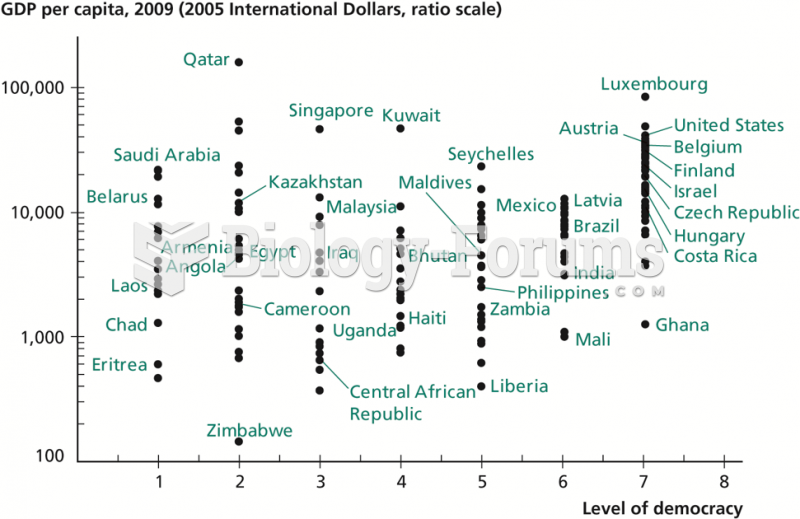Answer to Question 1
Answer: An ideal response will:
1. Define the trustee model as one where representatives are elected to do what they think is best for their constituents, taking into consideration a longer timeframe and broader national picture.
2. Define the delegate model as one where representatives are elected to do the bidding of the people who elected them.
3. Relate these models to the issue explaining that representatives in the smaller states are taking a delegate position to ensure the immediate needs of their constituents are met by providing money for jobs and extra security. Representatives in the smaller states do not have an incentive to take a trustee position, which might cause them to sacrifice the immediate gratification of their districts for the good of the nation.
Answer to Question 2
Answer: An ideal response will:
1. Recall that incumbents are far more likely to win a given election: over a 90 percent average, even when Republicans retook control of the House.
2. List the advantages of incumbency, including: name recognition, credit claiming, free mail, casework, media access, campaign experience, and redistricting.
3. Note some pitfalls of incumbency that may be used to challenge an incumbent. This could include perceptions of ineffective performance, or perceived character flaws. Party affiliation can be important, such as in the 2010 election, when only 86 percent of House members were reelected. Democrats were viewed more skeptically in the 2010 election.
4. Make an argument on the value of being an incumbent








